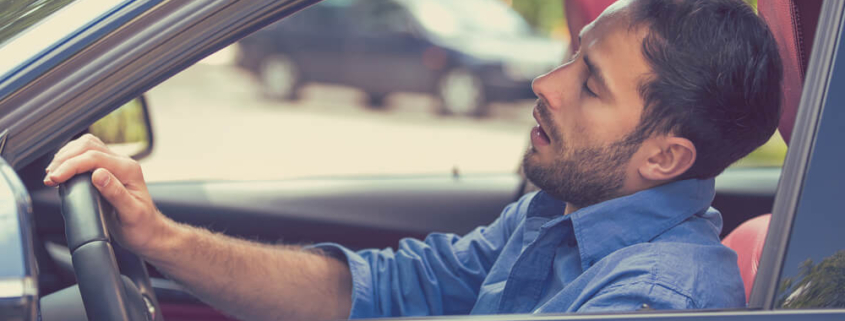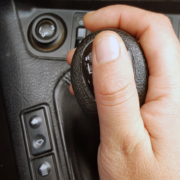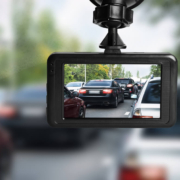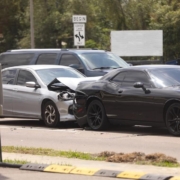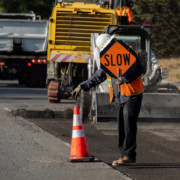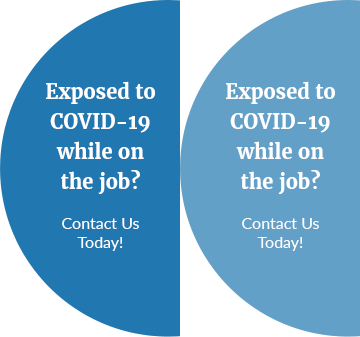How Driver Fatigue Contributes to Car Crashes
One of the most pervasive issues on the roads is driver fatigue. American drivers are exhausted—we’re working longer hours, juggling the demands of parenting, and sacrificing sleep to make sure everything else gets done. This is barely manageable for a few days and much less sustainable long-term. Still, that’s how a surprising amount of people live, and it shows when you look at accident statistics. Drowsy driving causes a massive amount of accidents every single year, making it an issue that has captured national attention.
Learn more about how driver fatigue affects accident rates, and if you’ve been injured in a Pittsburgh car accident, call Caroselli, Beachler & Coleman at 866-565-4949.
The Ways Fatigue Can Affect Your Driving
Many people are shocked by how profoundly fatigue can affect your driving and how quickly it begins to break down your cognitive function. Fatigue doesn’t just impact your brain when you’re in a chronic sleep deficit; even one night of bad sleep can impair your cognitive function.
Research indicates that drivers suffer from longer reaction times, poor awareness of hazards, limited ability to sustain attention, and poor decision-making when they are tired. Some researchers have even linked fatigued driving and impaired driving, equating driving after 20 hours of wake time with driving with a BAC of 0.08%. This comparison is often enough to make fatigued drivers change their habits—they’d never consider driving drunk, but driving while fatigued is just as dangerous.
Warning Signs of Fatigue
Fatigue builds up slowly, and most drivers automatically tweak their habits and positioning to stay comfortable and alert. This makes it difficult to identify fatigue and take quick action to counter it. Frequent yawning is an early sign of fatigue, as is daydreaming. Drivers also report difficulty focusing and heaviness in their heads when fatigue begins to set in.
Fatigue creates a long list of physical symptoms that allow drivers to catch fatigue early and get off the road. Warning signs include eye strain, blurry vision, an obvious slow reaction to stimuli, and heavy eyelids. If you begin to drift out of your lane, are physically unable to keep your eyes open, or miss your exit, those are all signs that you are extremely fatigued and in immediate danger of falling asleep.
What Causes Driver Fatigue?
There are many factors that contribute to driver fatigue. Some are more common than others. For example, sleep disorders can obviously lead to fatigue and difficulty driving. But the majority of fatigued drivers in the United States don’t have a disorder; they are just tired and incredibly sleep-deprived.
Common factors found in fatigued drivers include irregular work schedules, insufficient sleep caused by demands at home, a lifestyle that requires long and monotonous drives, and stressful careers. Parents of young children may also be chronically sleep-deprived. There are also numerous medications that increase drowsiness, even when a driver has had plenty of sleep. Routine nighttime driving is also a risk factor.
Fatigue and the Connection to Collisions
The data is clear—drowsy driving causes preventable deaths. Per the NHTSA, there were nearly 700 fatigue-related traffic deaths in the United States in 2021. Drivers think that caffeine, an open window, and loud music can keep them awake and help them power through a long drive. Unfortunately, while all of these interventions can provide temporary relief, they are not enough to combat fatigue long-term.
The only resolution for fatigue is sleep. When drivers notice that they are becoming fatigued, they should switch with another driver, turn off into a rest stop for a power nap, or even head home. Any intervention is better than continuing to put yourself and others in danger of a collision.
The greatest risk comes with microsleeps. Microsleeps are brief periods of lost consciousness, lasting just a few seconds each. They are often so short that people don’t even realize they’ve fallen asleep. When these occur, it’s only a matter of time before a crash happens.
Call Caroselli, Beachler & Coleman If You’ve Been Injured in a Drowsy Driving Crash
Have you been injured in a crash caused by a tired driver? Let us help you fight for full and fair compensation. Contact us online or call us at 866-565-4949 to get started.

